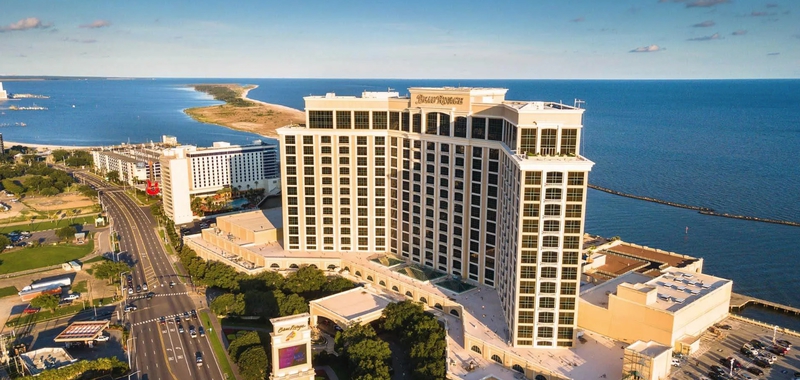 Mississippi has long been a popular gambling destination in the South, with the state’s Gulf Coast casinos offering gaming and a beach getaway.
Mississippi has long been a popular gambling destination in the South, with the state’s Gulf Coast casinos offering gaming and a beach getaway.
State lawmakers are now looking to regulate the construction of casinos at the state’s Tidelands Public Trust. The legislation would require any casino project to obtain a tidal land lease agreement from the Secretary of State, eliminating approval processes from city, county or other municipal entities, while also retaining local control of ports and harbors.
“The purpose of this bill is to restore a consistent regulatory environment for the gaming industry on the Gulf Coast,” said Senate Gaming Committee Chairman David Blunt (D). Biloxi Sun Herald. “The bill has been requested and supported by every casino on the Gulf Coast.”
Details on the bill
The proposal would provide a potential amendment to the Mississippi Constitution after the state Gaming Commission approved a casino plan in Biloxi in December. Approval for the site had been denied three previous times because the developer “did not have control of the property all the way to the water’s edge, as required,” according to the Sun Herald.
The developer later obtained a lease agreement from Biloxi city officials and approval from Harrison County to allow a dock for a small area of the waterfront. The state Supreme Court also earlier agreed with a district court ruling that a state tidal land lease was not required to build the pier.
New legislation now seeks to clarify exactly what is required and requires tidal land leases for other casino construction plans. The bill has already been approved in the House of Representatives by a vote of 113 to 6, and is now under consideration in the House.
The plan sparks opposition
Not everyone supports the plan, and Biloxi officials believe the effort is overblown. Biloxi Mayor Andrew Gilich said the state has ample shorelines for such projects and that the issue should be left to local residents rather than one person in state government. Coastal communities were not consulted about the plan, he said.
The Secretary of State and the City of Biloxi have met in court on several occasions over tidal zones in the area. The city does not have a tidal land lease agreement with the state, but new legislation would require it. Biloxi officials say they have been cautious in managing the area and casinos seeking to build in the area.
“The Secretary of State does not need to have a say in how our ports are developed and managed,” Djelic said. “Our track record is excellent, we don’t need an extra layer of red tape.”
The new legislation comes as casinos in the state feel the effects of additional gaming competition in other states.



